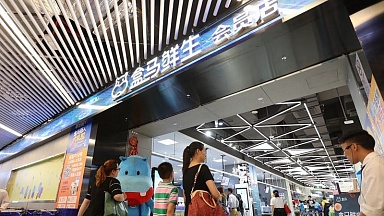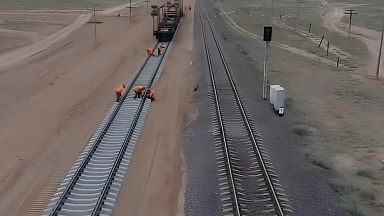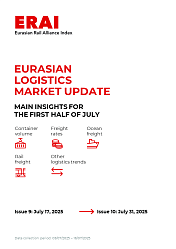The construction of the Third Track by DB Netze, which started in 2016 and is expected to last until 2026, has caused limited capacity on the railway network before. These periods of temporary restrictions are taken into account by the infrastructure managers of the respective countries, although the period has never been as long as in 2024-2026.
Only necessary reroutings
«ProRail is taking into account an 80-weeks ‘Temporary Capacity Restriction’ (TCR), with alternating single-track availability and total closure for international train traffic, for the construction of a third track between Emmerich and Oberhausen by DB Netz from the beginning of November 2024 to the end of May 2026», the Dutch infrastructure manager writes in its Capacity Strategy for timetable 2025.
«During the 80-weeks TCR, ProRail will only plan works on the deviation routes that are reasonably necessary during that period or that do not cause extra impact», it writes. «ProRail will reschedule as much work as possible to the periods before and after the 80-weeks TCR.
Other promises
It also promises that capacity restrictions will have a maximum duration of one weekend on the deviation routes from Kijfhoek to Venlo, from Kijfhoek to Bad Bentheim and several other routes within the network. It also committed to publishing an adapted version of the Corridor Book for the period of November 2024 to May 2026.
This text was written at the end of June this year, when the capacity strategy was published. «The basic principle is that, given the construction needs of DB Netz and the necessary projects by ProRail, as much traffic as possible will be facilitated. This is expected to be less than under ‘normal’ circumstances», it concludes.
75 freight trains a day
According to Hans-Willem Vroon, director of industry association RailGood, there will be a 20 weeks of total closure, which will «put 75 freight trains a day at risk of being unable to run between November 2024 and May 2026». He is surprised about the fact that a strategy is currently being formed to accommodate the passengers affected, but not the freight trains.
It must also be noted that although the infrastructure managers have promised to take into account construction periods on each side of the border by for example not carrying out maintenance activities during periods that trains are being redirected, the recent past has shown that this is not always the case. This is because construction and maintenance works do not always meet the deadline. In this way, line closures may overlap.





